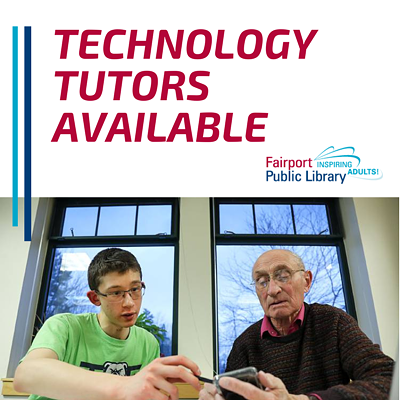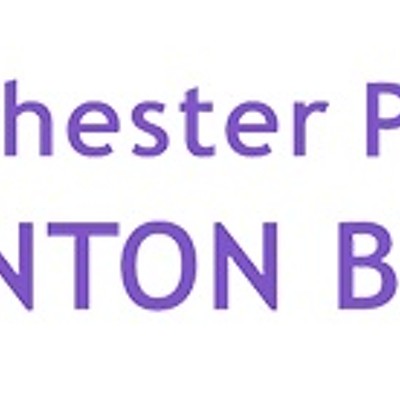[
{
"name": "500x250 Ad",
"insertPoint": "5",
"component": "15667920",
"parentWrapperClass": "",
"requiredCountToDisplay": "1"
}
]
Stephne Givens, then 13, stepped off the bus in front of Jefferson Middle School on the morning of September 21, 1995. Within minutes, an argument broke out, and Givens was fatally stabbed in the neck by a 12-year-old school mate.
Givens' brutal death shocked the country. And some Rochester school officials say that the killing helped galvanize public perception that city schools are unsafe. It's a perception that hasn't changed much in the years following Givens' death.
But there's perception, and then there's fact. And the facts are that teachers have warned for years that student behavior has worsened to the point where addressing social-emotional needs eclipses actual instruction.
During the 2013-2014 school year, for example, the Rochester school district spent about $8 million on safety and security, $11 million on grade retention (holding students back), and another $24 million on alternative and intervention programs. And school officials say that these costs are rising at a frightening pace.
Along with that, suspension rates in city schools climbed to about 11,000 students annually by the mid 2000's. Former superintendent Jean-Claude Brizard tried to address the problem by developing an in-school approach to discipline, which was supposed to prevent students from missing instruction while providing support for their social-emotional needs. But success was inconsistent.
Discipline — specifically how and when it's applied — continues to vary widely from school to school. And some say that, as a result, tensions between students and teachers and students and peers have actually increased.
Rochester schools Superintendent Bolgen Vargas says that the district's problem is so serious that it requires outside help. To that end, Vargas and the school board are working with the Rochester Area Community Foundation to organize the Community Task Force on School Climate.
A 12-person leadership team that formed earlier this year has assembled the task force, which is a broader group of parents, teachers, students, law enforcement personnel, health and human services providers, nonprofit agencies, and neighborhood and civic leaders.
The group is charged with rewriting the district's student code of conduct policy, and helping the district cultivate school atmospheres that are inviting, creative, and free of fears about safety.
The task force will spend much of the school year formulating its recommendations, with implementation beginning in the 2015-2016 school year.
"What we really want is a classroom climate and school climate and the neighborhood around the school that is safe and secure for everybody associated with the teaching and learning process," says Hank Rubin, vice president of community programs with the Rochester Area Community Foundation.
Rubin, who led the development of the task force, says that each member has made a multi-year commitment to the project.
A community task force is needed, he says, because changing the school climate requires building a shared sense of ownership and responsibility.
But this is not the first time that the district and the broader Rochester community have attempted to scale this mountain. There have been numerous expert panels, summits, and programs aimed at improving student behavior.
And like past efforts, the task force faces formidable issues going forward: Where will the funding come from? How do you get individuals and organizations with competing objectives to work together? And even if Vargas and the school board approve the task force's recommendations, can a multi-year effort survive changes in school administration or the composition of the school board?
And how will the teachers union respond?
"None of us are being a Pollyanna about this," Rubin says. "This is very, very hard."
Board member Mary Adams says that despite the long road ahead, that she is determined to see positive change.
"We urgently must get this right," she says. The current situation is unsustainable, she says.
Much of the concern about student behavior and school climate stems from a nationwide recognition that the punitive practices used during the last decade have produced some unwanted results.
Adams says that one of the reasons that relying on suspensions to create a sense of safety in schools hasn't worked is because it victimizes students who are already victims of extreme poverty and other conditions beyond their control.
A more collaborative and consistent approach to school discipline is needed, she says, as well as a better understanding of the students and their communities.
Some schools are doing an excellent job at this, Adams says, and it's no coincidence that students in those schools are doing better academically.
"Far too many city school district employees don't come from the same background where our students come and more of us should focus more time and energy seeking true understanding of that," she says.
To help bridge that gap, Vargas and members of the task force have sought out the help of the Advancement Project. The nonprofit, which is based in Washington, DC, works with parents and community groups to promote a more culturally sensitive school climate and a fairer approach to school discipline.
The Advancement Project takes a civil rights approach to its work with community groups to break down institutional barriers to change, says Rosemary Rivera, organizing director of Citizen Action of New York.
Rivera has worked closely with the Advancement Project and community groups in the Buffalo and Syracuse areas to reduce suspensions and create more positive school climates. She recently presented Rochester school board members with an overview of those efforts.
Discipline that is measured, consistent, and fits the offense is possible, she says.
"We can end suspensions for nonviolent offenses," she says. "I don't want to see kindergartners walking through metal detectors. It can be done."
Speaking of...
-

Urban Action 8/14
Aug 14, 2019 -

In the RCSD-city fight, the children are losing
Jul 30, 2019 -

There's no one 'fix' for the RCSD's problems
Jun 18, 2019 - More »
Latest in News
More by Tim Louis Macaluso
-

RCSD financial crisis builds
Sep 23, 2019 -

RCSD facing spending concerns
Sep 20, 2019 -

Education forum tomorrow night for downtown residents
Sep 17, 2019 - More »






